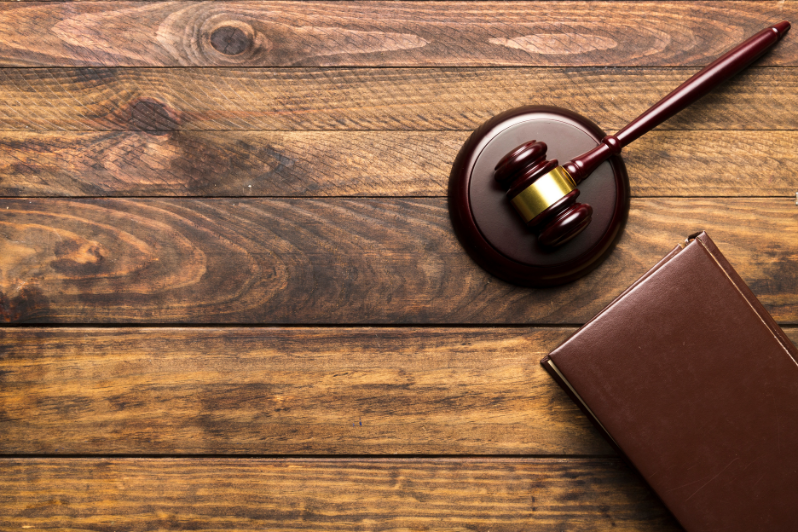Litigation is the main method by which parties resolve civil disputes in UAE. Civil litigation in UAE involves each party making an attempt at proving their case before a judge. Parties to a litigation are to comply with local regulations, although the policies can vary, depending on the value of a claim and type of case.
Main steps of Litigation in UAE for Businesses are summarized below.
Step 1: The pre-commencement of the legal proceedings
While a claimant isn’t prevented under any law from taking a dispute into court without attempting and corresponding with another party in resolving the issue first, local courts discourage the approach.
There are processes referred to as the pre-action protocols, which are for specific kinds of cases e.g. construction disputes in UAE and professional negligence. There is also the general protocol. Broadly speaking, these set out the procedures for the exchange of correspondence setting out a case for or against a claim with the disclosure of the key documents. When the protocols have been followed but no resolution was reached, then that will be the time a dispute should be taken to court.
Read more about – Ways criminal lawyers in UAE can help
Step 2: File a claim with the court
If court proceedings or litigation will be necessary, then the claimant with the help of legal representation will start with the filing of a claim. The appropriate fee for the court has to be settled and copies of the claim provided to the court will be sent to the defendant.
The defendant will be given a pre-determined number of days from receipt of the claim and particulars in filing an admission. The admission will be provided to the court together with a proposal in paying, as necessary, or intention in defending. In the event that the defendant wants to defend the claim of the claimant, the defendant will be given a period of time for filing a defense or an extension of time, if the claimant and/or the court allows.
Step 3: Submission of information from Directions Questionnaire
If the claim will be defended, then the next step will be ordering of the court for both parties to submit detailed information regarding where the case will be held, the number of witnesses for each party, whether there’s a need to have expert evidence e.g. from a surveyor for a building and/or construction case.
When the Directions Questionnaire of each party to a case is filed or sent to the local court, the judge will provide with a list of things to be done together with their time limits. These are referred to as the directions as to the way the case will proceed to trial. Either in response to request from either of the parties of the own initiative of the court, the court will fix hearing in order to decide on the procedural issues.
A hearing may be necessary if there’s a dispute with whether expert evidence will be necessary of if it’s how it has to progress. The preference of the court is often for a joint court expert to be there rather than having two experts, one for every party. Local courts in UAE may also make directions for a claim to be stayed or paused for mediation to attempt to resolve a case.
You should know: New Law Update on UAE Bounced Cheques
Step 4: Comply with court directions
You’ll need to fully comply with court directions. This is very important in many ways and certainly the most tedious and lengthy stage. It comprises all the actions which need to be taken up until the case will be brought to trial where a judge will be making a decision.
The actions which need to be carried out will vary greatly, depending on the kind of case. However, all cases will be involving an exchange or disclosure of the relevant documents including photographs, text messages, and e-mails. There’s also a need for expert drafting of the witness statements.
The witness statements form evidence with which witnesses will be cross-examined during the trial.
Step 5: Trial
This is when a judge will make the decision regarding a claim. It’s worth noting that only a small number of cases will end up with trial. It’s because if both views of the parties have strong positions and they are willing to negotiate, the case can be settled out of court. Cases are also often settled to avoid the continuous accumulation of costs for legal proceedings. There’s also the risk of getting an unfavorable outcome.
If a judge has given a judgment, it will be a hollow victory when money isn’t paid and honored. That being said, it’s absolutely essential to hire a good litigation attorney in Dubai, UAE. Before or during the process of litigation, your litigation lawyer in UAE will discuss with you the difficulties in enforcing costs and a judgment order.
To talk to a seasoned litigation attorney in UAE, call us here in HHS Lawyers in Dubai UAE today!

